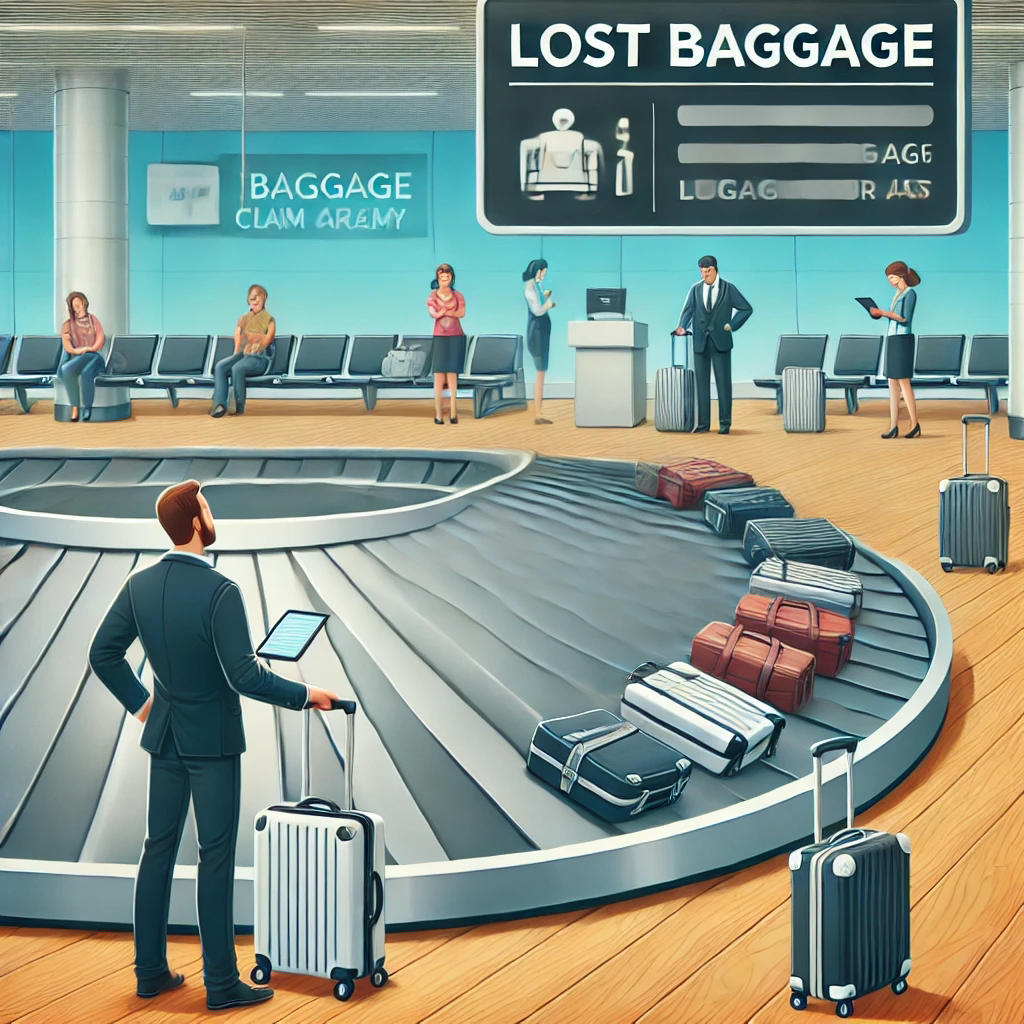Careers in Aviation Beyond Being a Pilot: ATC, Engineering & More
When people think of aviation careers, the role of a pilot often comes to mind. However, the aviation industry offers a wide range of exciting and rewarding careers beyond piloting. From air traffic control to aircraft engineering and airport management, these roles are crucial in keeping air travel safe, efficient, and innovative. This article explores various aviation careers that play a vital role in the industry.
1. Air Traffic Controller (ATC)
Role: Air traffic controllers manage aircraft movement on the ground and in the air to prevent collisions and ensure safe takeoffs and landings.
Responsibilities:
Monitor and direct aircraft using radar and communication systems.
Provide pilots with weather updates and flight path instructions.
Coordinate emergency landings when necessary.
Skills Needed: Strong decision-making, multitasking, and quick thinking.
2. Aircraft Maintenance Engineer (AME)
Role: Aircraft maintenance engineers inspect, repair, and maintain airplanes to ensure they meet safety standards.
Responsibilities:
Conduct routine checks on engines, landing gear, and avionics.
Repair and replace faulty aircraft components.
Ensure compliance with aviation regulations.
Skills Needed: Mechanical expertise, problem-solving, and attention to detail.
3. Aerospace Engineer
Role: Aerospace engineers design and develop aircraft, spacecraft, and aviation systems.
Responsibilities:
Improve aircraft performance, fuel efficiency, and safety features.
Conduct wind tunnel testing and simulations.
Work on new aviation technologies, such as electric aircraft and AI-based systems.
Skills Needed: Engineering knowledge, creativity, and analytical thinking.
4. Flight Dispatcher
Role: Flight dispatchers plan flight routes and ensure smooth operations before takeoff.
Responsibilities:
Analyze weather conditions and determine the best flight paths.
Coordinate with pilots and ATC for safe departures and arrivals.
Monitor flights in real-time and handle emergency situations.
Skills Needed: Strong communication, problem-solving, and situational awareness.
5. Cabin Crew (Flight Attendants)
Role: Flight attendants ensure passenger safety and provide in-flight customer service.
Responsibilities:
Conduct safety demonstrations and assist in emergencies.
Serve food and beverages while maintaining passenger comfort.
Provide first aid and handle difficult passenger situations.
Skills Needed: Excellent communication, customer service, and crisis management.
6. Airport Operations Manager
Role: Oversees the daily operations of an airport to ensure efficiency and compliance with aviation regulations.
Responsibilities:
Manage airport staff and coordinate with airlines.
Ensure security and safety measures are followed.
Handle airport logistics, including baggage handling and runway management.
Skills Needed: Leadership, organization, and problem-solving.
7. Aviation Meteorologist
Role: Aviation meteorologists provide weather forecasts to pilots, airlines, and ATC.
Responsibilities:
Analyze weather data to predict storms, turbulence, and visibility conditions.
Advise pilots and airlines on route adjustments due to weather.
Help prevent weather-related aviation accidents.
Skills Needed: Expertise in meteorology, analytical skills, and attention to detail.
Conclusion
The aviation industry offers a variety of career paths beyond becoming a pilot. Whether in air traffic control, aircraft maintenance, or aerospace engineering, each role is essential for safe and efficient air travel. As aviation continues to evolve with new technology and innovations, career opportunities in the field will keep growing, making it an exciting industry to explore.



Comments
Post a Comment